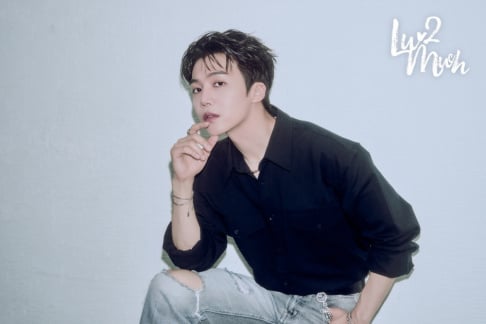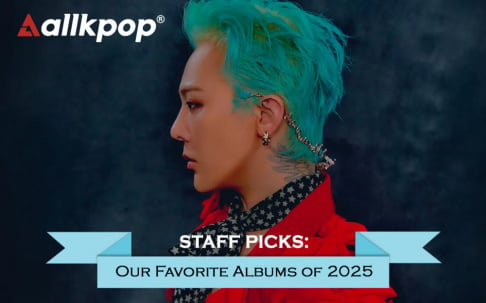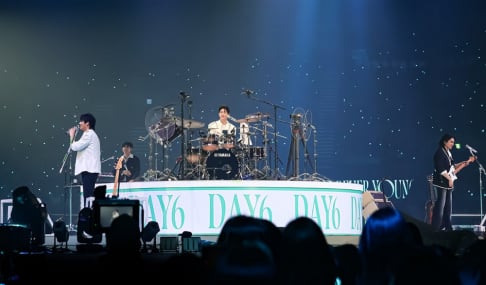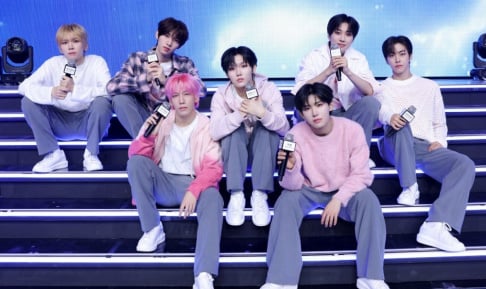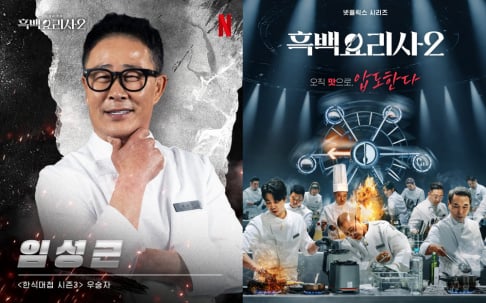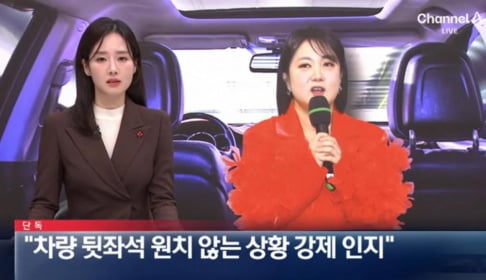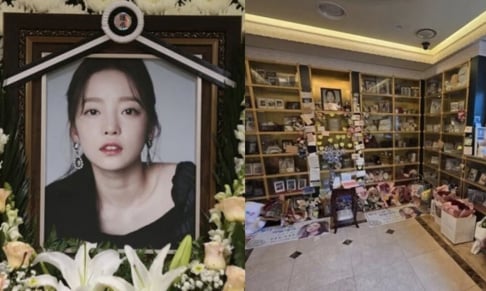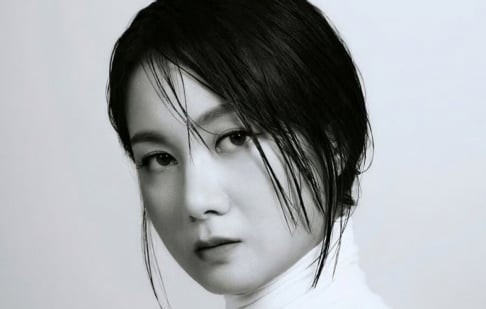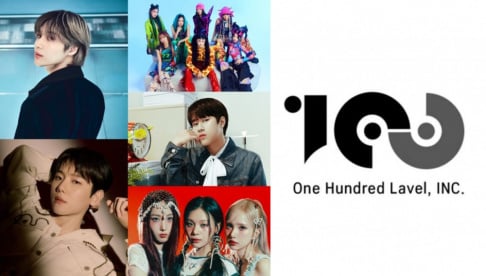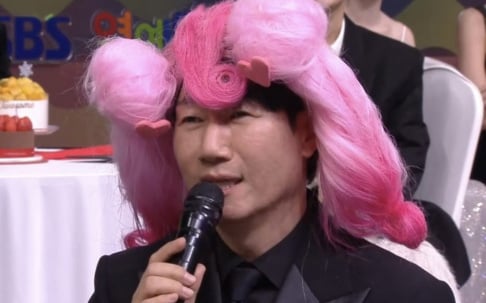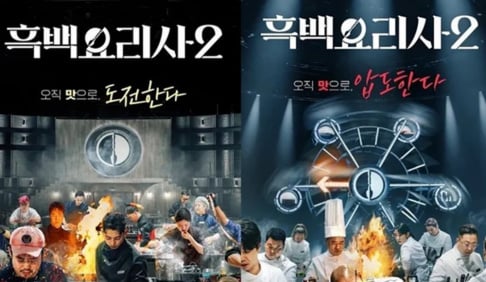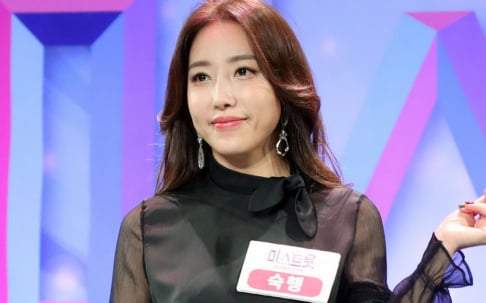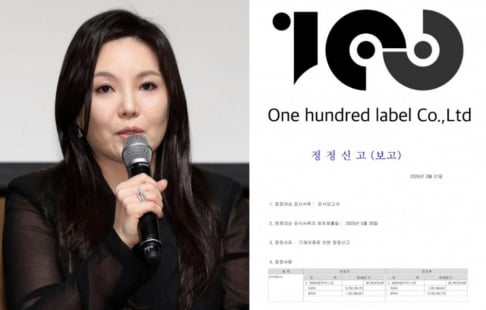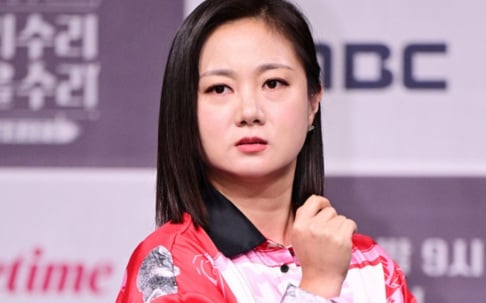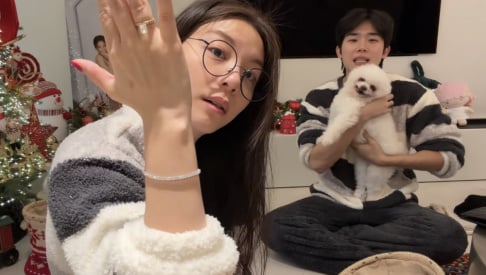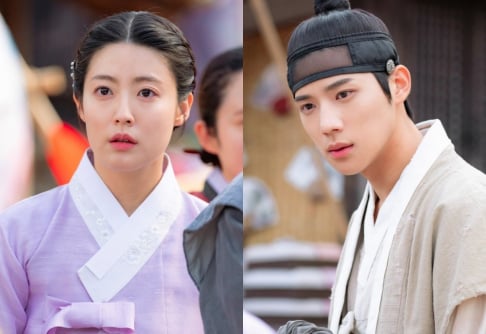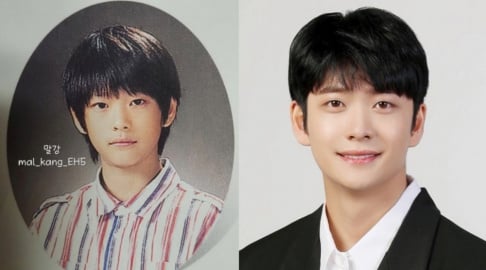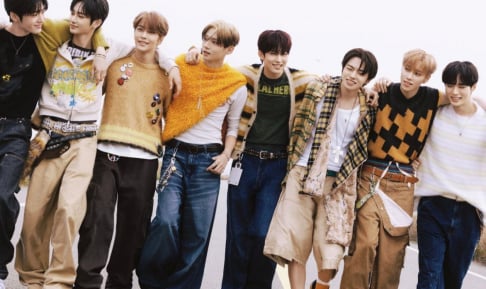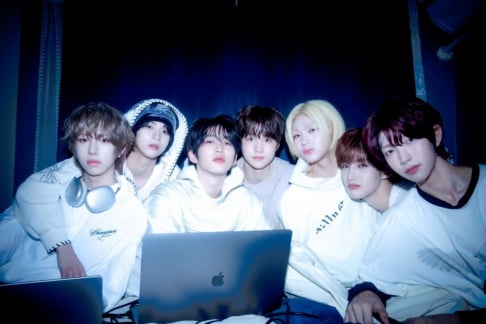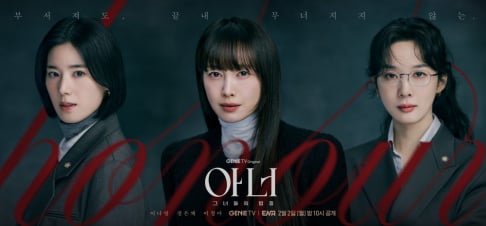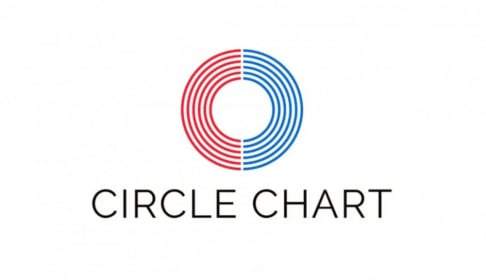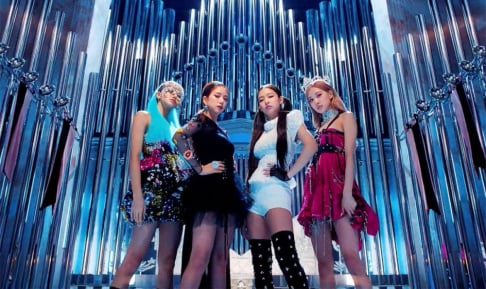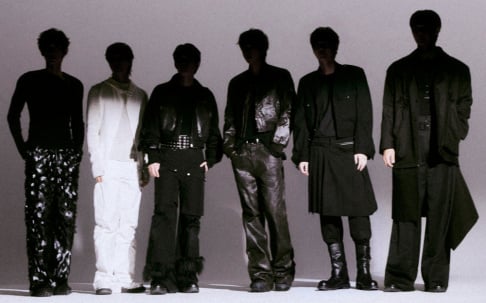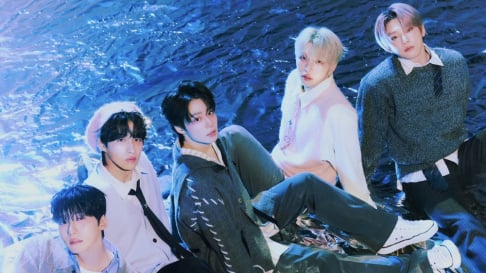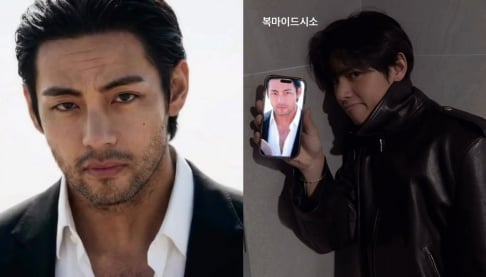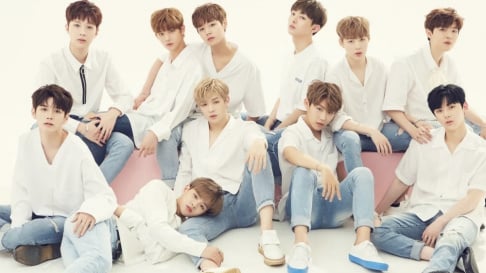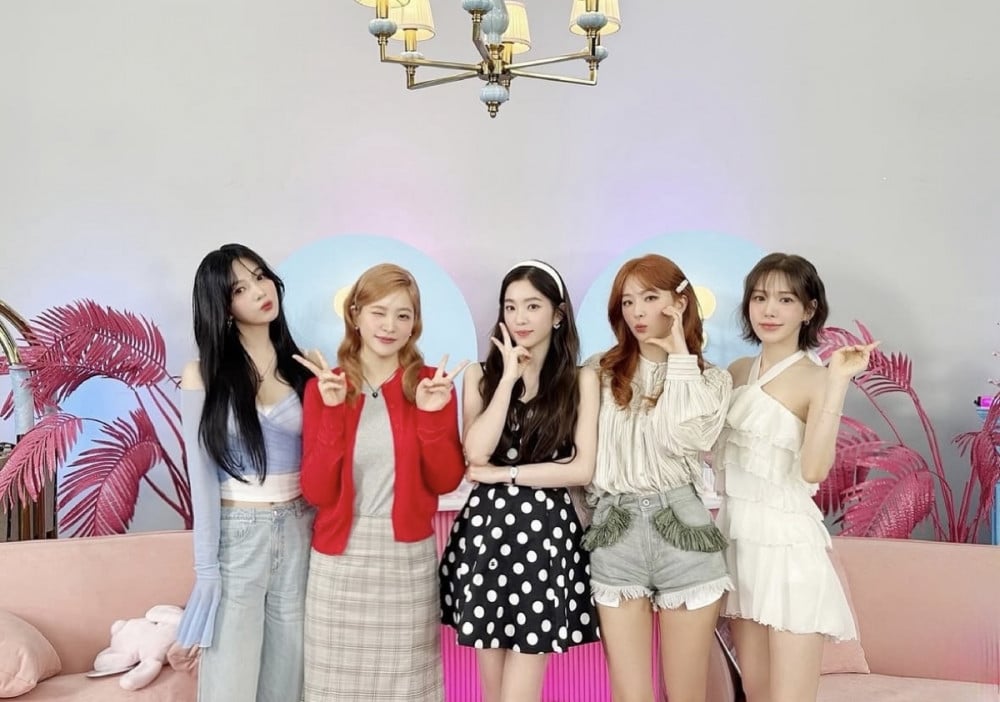
Cases of event companies using celebrity names and photos without consent for commercial purposes are fueling concerns over publicity rights violations and misleading advertising.
Recently, it was discovered that a profile photo and name of Red Velvet had been posted without authorization in the “Celebrity Wedding Songs” section of an event company’s website. Despite having no affiliation with the company, Red Velvet’s image appeared on a list suggesting they were available for booking.
Following the revelation, the company admitted fault. SM Entertainment, Red Velvet’s agency, stated, “We have no connection with the company and never gave prior approval. Upon confirming the unauthorized use, we immediately requested removal and will take strong action if such incidents occur again.”
Singer Huh Gak was also affected. The company featured his face prominently in promotional materials with the phrase “endorsed by singer Huh Gak,” implying he was an official model for the business. This was later confirmed to be false.
OS Project, Huh Gak’s agency, said, “We are not affiliated with the company.” While the company’s CEO claimed to be “an old friend” of Huh Gak and used that to promote the business, the agency clarified, “There have been various issues over the years, and they haven’t been in frequent contact. We heard the CEO only reached out after learning of the press inquiry. Although they were friends long ago, Huh Gak has no current ties to the business.”
The company’s CEO told “This is unfair. During a website renewal a few weeks ago, incorrect celebrity listings were uploaded by mistake, and we have since removed all photos.”
The CEO added, “We’ve been running the company for about six years with separate staff handling events, and wedding singers are booked independently. Sometimes, people even send us their profiles asking to be listed. We’ve organized many actual events and have references to prove it, so I feel wrongly accused.”
However, when agencies for other celebrities listed on the company’s website were contacted, most confirmed, “We have no connection,” contradicting the company’s claims.
Industry observers stress that using a celebrity’s image and name without consent to boost commercial credibility constitutes both a violation of publicity rights and consumer deception, calling for heightened awareness and stronger regulatory measures in the entertainment and events sectors.
SEE ALSO: K-Pop idol concerts that attracted the largest crowds in South Korea in 2025
 SHARE
SHARE
